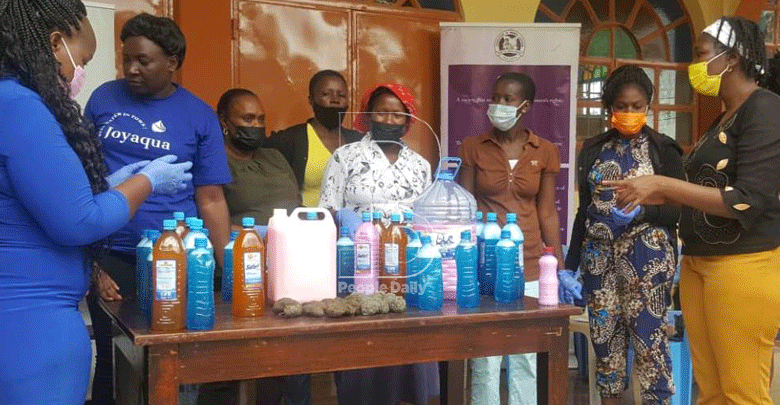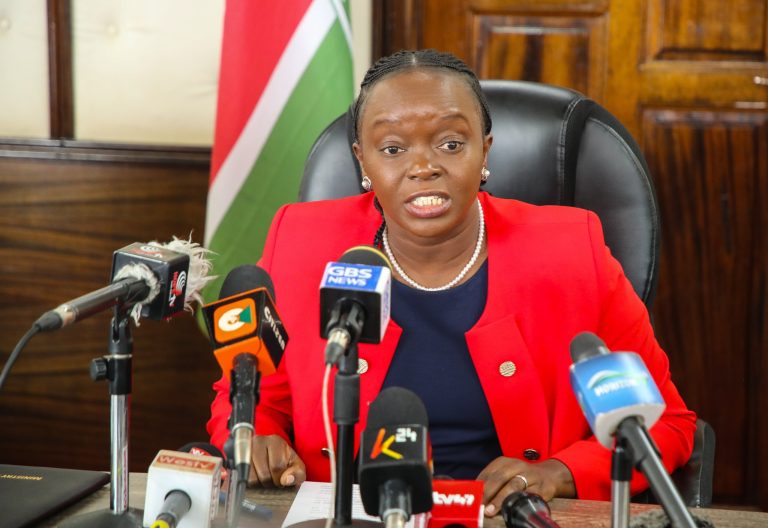Senators want State to increase HIV funding

Hillary Mageka @hillarymageka
A committee of the Senate has appealed to the State to increase funding for HIV and Aids.
Senate committee on Health says increased funding will scale up programmes aimed at lowering the rising infection rates and procure anti-retroviral drugs.
The Ministry of Health says more than 80 per cent of the country’s HIV funding is from donors mainly United States Agency for International Development (USAid) and the Global Fund to Fight AIDS, Tuberculosis and Malaria
This, the committee chaired by Trans Nzoia Senator Michael Mbito said, reliance on donor funding poses a threat to national security especially in the case where the government and a donor disagree.
The recommendations are contained in a report tabled by the committee in the Senate on Wednesday.
The report says National Treasury and the Ministry of Health must as a matter of necessity mobilise local resources to facilitate private sector investment in the local manufacturing of anti- retroviral drugs as the first step towards reducing donor dependency on the life savings drugs.
“The government, through the Ministry of Health and the National Treasury, must take urgent and immediate steps to reduce Kenya’s dependency on donors for the ARVs and other essential drugs,” the report says.
The report continues: “We appreciate funding from donors, but as a country, we can’t continue relying on them; we must invest on our own for purposes of ownership and sustainability,”
“We want to see continuous progressive increments in government funding on HIV each year until we reach about 30 per cent,” the report adds.
In its report, the committee says the government should enhance domestic resource mobilisation for HIV and other essential drugs and commodities and facilitate private sector investment in the manufacture of strategic health products in relation to HIV/AIDS, TB, and malaria and report back to Parliament within the next six months.
In the 2021/22 financial year, National Treasury has allocated Sh5.8 billion to lower cases of HIV/AIDS, anti-retrovirals, tuberculosis and malaria.
The report by the nine-member panel contains the findings of the investigations by the committee on the stalemate between the governments of Kenya and US over the importation of Sh1.2 billion ARVs that rocked the country occasioning shortages of anti-retroviral medicines.
A disagreement between the Kenya Medical Supplies Authority (Kemsa) and USAid had left the medicines at the Port of Mombasa, as the Kenya Revenue Authority demanded tax for the drugs that are given out free to patients.
At the centre of the disagreement was USaids’s decision to amend its contract with the Health ministry, and contracted Chemonics International to deliver the drugs, hence stripping Kemsa of the role to procure medical supplies worth billions of shillings on its behalf.
The deadlock was broken in June after Treasury Cabinet Secretary Ukur Yatani gave the go-ahead for the clearance of a consignment of the drugs after a public outcry.
Ministry of Health officials said the impasse had been caused by a unilateral decision by USaid to import HIV commodities consignment using a private entity.











